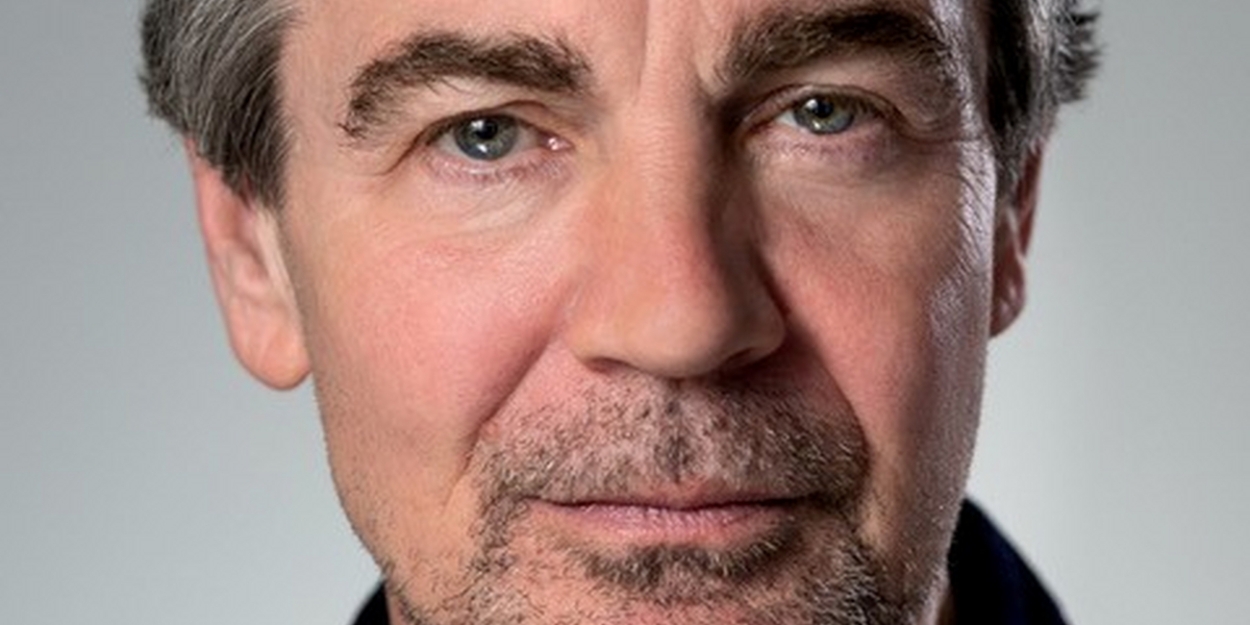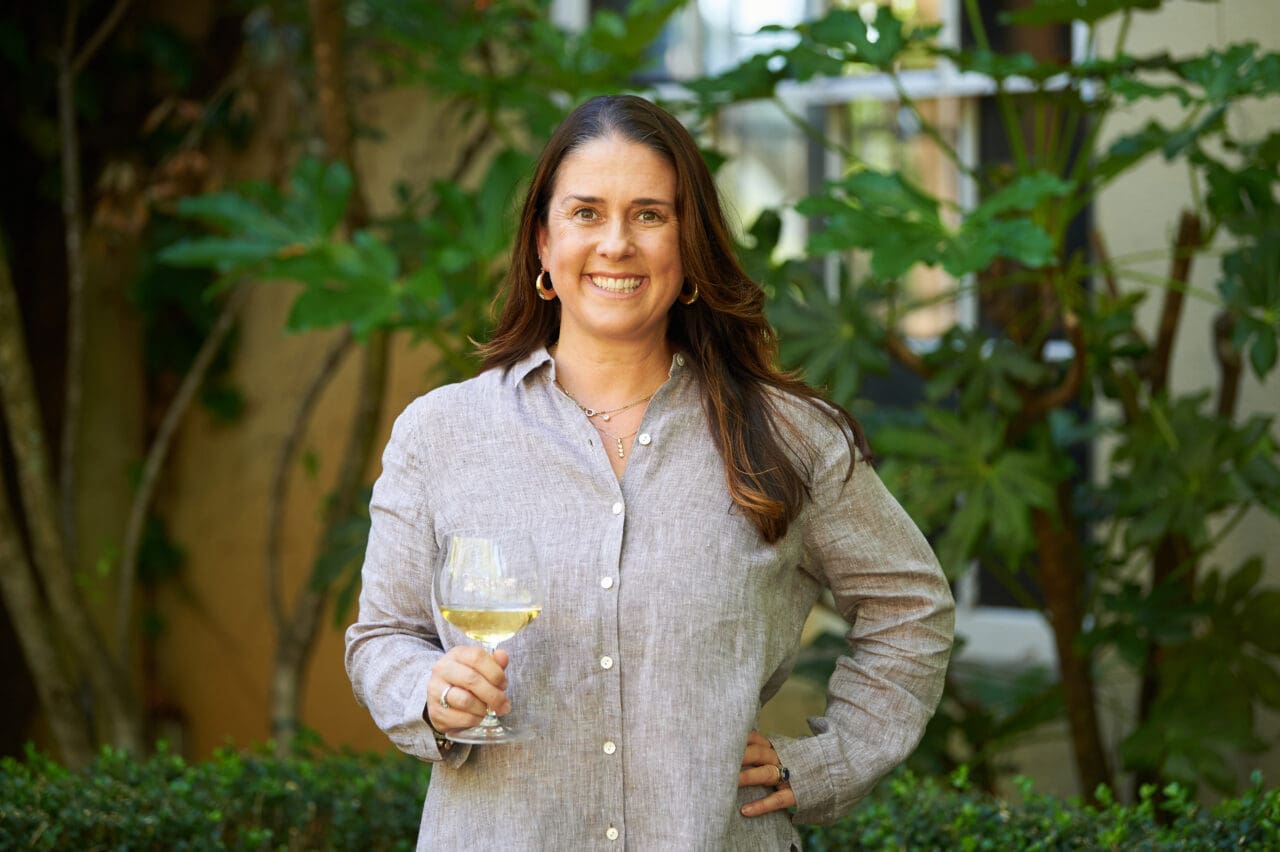Vernal Biosciences doubles its funding for manufacturing mRNA


A year into the Covid-19 pandemic, Christian Cobaugh stopped commuting from Vermont to his job in Cambridge, Massachusetts.
It was April 2021. His family had retreated to Vermont early in the pandemic, but Cobaugh had kept making the drive to a biotechnology company in the Bay State. He was spending a lot of time at work setting up sourcing mRNA, or messenger ribonucleic acid, a molecule that is the key ingredient in the Moderna and Pfizer Covid-19 vaccines. It’s also the way that the DNA instructions within the nucleus of cells gets translated into the protein building blocks of all life.
Cobaugh had contracted the manufacturing out to third parties and was not satisfied with the results. So he decided to start his own company that would produce just mRNA. He looked at the Boston area but realized that Vermont was rich in talent thanks to its colleges and universities.
When Cobaugh founded Vernal Biosciences, it employed three people, including him. Today, 65 people work for the company, 55 of them in Vermont — and the company has recently secured a major new influx of investment.
On a tour of the two floors the company occupies in a building in Colchester, Cobaugh showed the one room where the company started.
Cobaugh sees many potential uses for mRNA besides Covid vaccines. Intellia Therapeutics, another company based in Cambridge, Massachusetts, is using mRNA to help edit genes that cause disease so they will not work anymore. Moderna and Merck are using it to develop cancer vaccines.
Cobaugh said his customers are doing similar work, either by cutting genes out altogether or regulating how they are expressed, such as by preventing genes from creating proteins that can cause devastating genetic conditions.
Right now, the Vernal Biosciences labs in Colchester are making mRNA for research purposes only. But, starting in August, the company is gearing up to produce mRNA that can be injected into people for clinical trials.
On the tour, Cobaugh led the way through lab after lab where equipment was being installed.
For the U.S. Food and Drug Administration to allow Vernal to manufacture for clinical trials, the company must follow a series of protocols called Good Manufacturing Processes. Everything in the production facility must comply.
To fund this expansion, Vernal has secured $20 million from its four main investors, which represents a nearly doubling of funds those investors previously committed to the company.
Ampersand Capital in Wellesley, Massachusetts, is the lead institutional investor in Vernal Biosciences. Charles River Laboratories, based in Wilmington, Massachusetts, is another investor.
“They do not offer mRNA, which is probably one of the reasons they invested in us,” said Cobaugh.
Dynamic Capital, based in Fort Lauderdale, Florida, is a third investor. The Vermont Center for Emerging Technologies, or VCET, in Burlington, is the largest Vermont investor.
The additional investment was first reported by Endpoints, a newsletter that covers biotechnology.
“With Vernal, the mRNA, as a platform and a technology that we all became familiar with during Covid, has the ability to unlock technologies and pharmaceuticals and vaccines to treat ailments and chronic conditions,” said David Bradbury, president of VCET. “And it’s really exciting that we could finally see a new life sciences company like this here in Vermont.”
Cobaugh said most of the $43 million the company has raised so far is to install manufacturing facilities at its Colchester headquarters that hew to the FDA’s strict protocols.
Besides mRNA, Vernal Biosciences also makes compounds used for mRNA research. One compound is plasmid DNA, a circular molecule different from the DNA in chromosomes. It is made in a broth of E. coli bacteria. The company uses plasmid DNA to make mRNA.
The company also formulates mRNA into lipid nanoparticles, microscopic particles used to deliver mRNA into cells. Cobaugh said these have been described as tiny globules of fat, because they are lipids. They include cholesterol.
“If we injected the mRNA directly into the body, the body fluids would just chew it up immediately,” Cobaugh said. But when injected within lipid nanoparticles, the mRNA is protected.
Dev Majumdar, an assistant professor at the Robert Larner College of Medicine at the University of Vermont, who is not affiliated with Vernal, said the company is providing labs with reliably consistent mRNA.
“You want every batch of these mRNAs and liquid nanoparticles to be as similar as possible,” Majumdar said. That consistency of product is something that until now had been made only by the big pharmaceutical companies for internal use. They have kept their processes a closely guarded secret, he said.
Before Cobaugh founded the company, it was hard for independent laboratories doing research to get mRNA that worked similarly dose after dose in mice, said Majumdar. Also, it was hard for startup biotechnology companies to begin animal studies, much less clinical trials.
“There was an enormous need for companies to do this, and Christian had the know-how,” Majumdar said. “And we were just lucky in Vermont that he was willing to start a company here in Vermont because most of this know-how is really isolated in Boston, San Diego and maybe San Francisco.”













